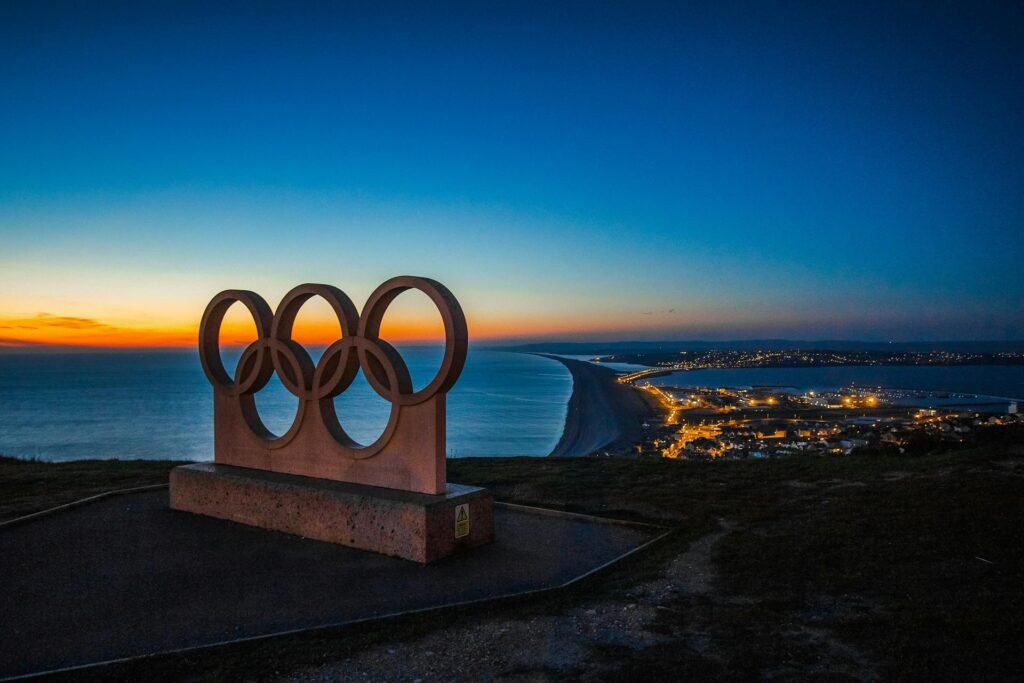

The Olympic Games have a rich and storied history that dates back thousands of years. The ancient Olympic Games were a series of athletic competitions among representatives of city-states and one of the Panhellenic Games of ancient Greece. They were held in honour of Zeus and took place in Olympia, Greece.
How It Started
The origins of the Olympic Games can be traced back to 776 BC in Olympia, Greece. These games were held in honor of Zeus, the king of the Greek gods. According to legend, Hercules, the mythological hero and son of Zeus, established the games after completing one of his twelve labors. Historically, the first recorded Olympic champion was Coroebus of Elis, who won the stadion race, a footrace of about 192 meters.
The ancient Olympics were not just athletic competitions; they were a crucial part of Greek culture and religion. Athletes from various Greek city-states would come together every four years to compete, and a sacred truce was enacted to allow safe passage for all participants and spectators. The games fostered a sense of unity and peace among the often warring Greek states.
The First Games
The first Olympic Games were quite simple, featuring only one event—the stadion race. However, over time, the games expanded to include a variety of events such as wrestling, boxing, long jump, javelin, discus throw, and chariot racing. These competitions were held over five days and included not only athletic events but also religious rituals and feasts. The games were a major event in Greek society, drawing large crowds and significant attention.
Also Read
Maltodextrin: The Silent Threat in Your Food!
For almost 12 centuries, the ancient Olympic Games were held every four years. However, in AD 393, Emperor Theodosius I abolished the games as part of his efforts to promote Christianity and suppress pagan traditions.
Revival of the Modern Olympics
The modern Olympic Games were revived in the late 19th century by Baron Pierre de Coubertin of France. Coubertin was inspired by the ancient games and saw the potential for sports to promote peace and international understanding. In 1894, he founded the International Olympic Committee (IOC) to oversee the organization of the games.
The first modern Olympic Games were held in Athens, Greece, in 1896. These games featured 241 athletes from 14 countries competing in 43 events. The revival was a great success, and it established the Olympics as a regular international event held every four years.
Evolution of the Olympics
Since their revival, the Olympic Games have grown significantly in scope and scale. The number of participating countries and athletes has increased dramatically, and the range of sports has expanded. Today, the Summer and Winter Games alternate every two years, showcasing a wide variety of sports.
The Olympics have also become more inclusive. The Paralympic Games, which feature athletes with disabilities, were introduced in 1960. The Youth Olympic Games, which focus on young athletes, began in 2010. These additions reflect the Olympic spirit of promoting diversity and inclusivity in sports.
Come to Conclusion
The Olympic Games have a rich history that reflects the evolution of sports and international cooperation. From their origins in ancient Greece to their revival in the modern era, the Olympics have become a symbol of unity, competition, and excellence. As we look forward to the Paris Olympics in 2024, we celebrate the enduring legacy of this remarkable global tradition.